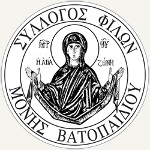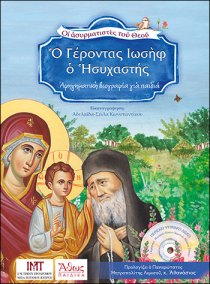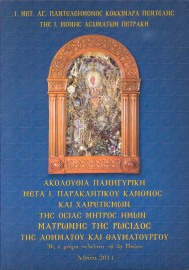 by Archimandrite Dr Justin Popovic
by Archimandrite Dr Justin Popovic
People condemned God to death; with His Resurrection He condemned them to immortality. For striking Him, God returned embraces; for insults, blessings; for death, immortality. Never did men show more hate towards God than when they crucified Him; and God never showed His love towards people more than when He was resurrected. Mankind wanted to make God dead, but God, with His Resurrection, made people alive, the crucified God resurrected on the third day and thereby killed death! There is no more death. Immortality is surrounding man and his entire world.
With the Resurrection of the God-Man, the nature of man is irreversibly led toward the road of immortality and man’s nature becomes destructive to death itself. For until the Resurrection of Christ, death was destructive for man; from the Resurrection of Christ, man’s nature becomes destructive in death. If man lives in the faith of the Resurrected God Man, he lives above death, he is unreachable for her; death is under man’s feet. Death where is thy sting? Hell, where is thy victory? And when a man who believes in Christ dies, he only leaves his body as his clothes, in which he will be dressed again on the Day of Last Judgment.
Before the Resurrection of the God-Man, death was the second nature of man; life was first and death was second. Man became accustomed to death as something natural. But after His Resurrection the Lord changed everything: and it was only natural until Christ’s Resurrection, that the people became mortal, so after Christ’s Resurrection it was natural that the people became immortal.
Through sin, man becomes mortal and temporal; with the Resurrection of the God-Man, he becomes immortal and eternal. In this lies the strength, in this lies the power, in this lies the might of Christ’s Resurrection. Without the Resurrection there is no Christianity. Among the miracles, this is the greatest one; all other miracles begin and end with it. From it sprouted the faith and the love and the hope and the prayer and the love toward God.
from «Philosophical Cliffs»






















































